0 Comments
Vanessa* carries something special with her every time she walks into the neonatal intensive care unit (NICU) at the Alberta Children’s Hospital. The NICU is where our city’s newest mortals, born early or with health problems, receive 24/7 care from teams of medical professionals, including Vanessa, a registered nurse. This is the kind of place where human beings routinely bear witness to some of the most powerful experiences life can offer. There, Vanessa has seen miracles happen. A faithful Catholic, she also knows that not every miracle ends with a baby carried home in the arms of loving parents. “You always pray for the best outcome, but it’s always in the hands of God.” So, what does Vanessa carry that fortifies her vocation to serve one of the city’s most medically-vulnerable populations? Faith and experience, says the cradle Catholic, wife and mother. In addition to her nurse’s training, this front-line worker recalls what it was like to be cared for as a child prone to severe asthma attacks that kept her away from school and off sports teams. She remembers how medical professionals, doctors and two cousins who were nurses, sometimes came to her family’s home in India, which lacked public health care. The visits kept her out of the hospital, keeping her well without great expense. They also gave Vanessa a lasting appreciation for what it feels like to be cared for during some of life’s weakest moments.
Written by Joy Gregory for Faithfully
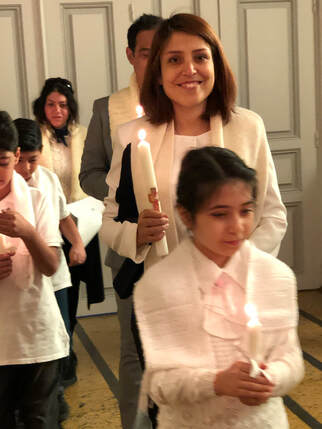 The family of Joseph and Maryem were introduced to Jesus Christ while living in Iran. This family began to thirst to know Jesus better, and would meet secretly to study and pray with the scriptures, as their Islamic faith would forbid. They couldn’t seem to get enough, and the Word made flesh, was changing their lives, increasing the joy that they felt. When it was found out that these times of study and prayer were happening, they were watched very closely, and the persecution of this family began, with threats on their lives, and even of their children, which happened regularly. With little choice they left everything behind and escaped to Turkey. While Turkey is a temporary safe haven, the government has the right to deport them at any time. Turkey, which is a more secular Muslim country, based on the ideals set by its founder Mustafa Kemal Atatürk, has taken in a large number of refugees, some who have escaped their homelands due to religious persecution. Due to the high cost of maintaining the refugees and the economic state of Turkey, refugees are not of high importance. As a result, there is a fear of being deported at any time, which would be very grave for this family. As refugees they are restricted in their movement, medical benefits, attending Church, and the children’s schooling. This family of four live in a tiny one bedroom space that for some would be no larger than the size of their living room. They were assigned by immigration police to a city where there is no Catholic Church. To get permission to leave the city for any reason, and especially for religious purposes, is seldom granted. They are not allowed to work. When they have days without pandemic lock down, the family walks twice a day to an abandoned Orthodox Church that is in ruins. They sit on the wall outside the locked fence and pray to God. For four years this family had longed to be baptized as they studied weekly the Catholic faith on WhatsApp with the local priest, who himself was exiled from Iran for his work with the Catholic Church, and is now assigned to the care of all Catholic Iranians in Turkey. In the past year a miracle happened for this family. A small group of us who began helping refugees when Fr. Ephrem was in Calgary, travelled to Turkey to see my daughter and son in law who live in Istanbul. Without prior planning, the journey would culminate with the baptism of not only this family, but another as well, who we are also awaiting in Calgary. To be present at their baptism was somewhat surreal, as when we went, we had no idea that this would unfold. It was as if we were on a mission, and the very journey to the Church to receive the Sacraments was very difficult and arduous. However, everything came together over the course of a few days, and as the priest would say, “man proposes, and God disposes”. It was the faith and prayers of this little family that were heard by God. He did not allow their cries to go unheard. However, this refugee family has been forgotten about during the pandemic and are languishing in Turkey, fearful of being deported back to Iran because they have converted from Islam to Christianity. When meeting this family we wanted nothing more than to lift them out from the plight of their present circumstances. After the baptism of this family, we met the Papal Nuncio in Istanbul, and several other families who are crying out for help were met and brought to our attention. At present our small group that have formed from various parishes throughout city of Calgary have a total of five families, their paperwork has been completed and approved by CCIS and Bishop McGrattan. The pandemic has affected all of us, including our parishes. Nevertheless, five parishes have committed to taking these families and journeying with them while we have committed to helping them find the funds from private donations. As Pope Francis has said, “Today, the culture of comfort… makes us think only of ourselves, makes us insensitive to the cries of other people… which results in indifference to others, it even leads to the globalization of indifference.” Have we ever seriously considered what it would take for us to lay down our life for the sake of the Gospel? In Calgary we may never know what this is like because of the freedom we have always enjoyed. But there are people across the globe who can teach us profoundly what this means, and how precious our faith is, such as our friends, Joseph and Maryem.
Although it has been over twenty years, I still easily remember a particular exchange with a student. She was in grade 12, and as often happens for homeroom teachers I had developed a deep sense of professional and personal concern for her well-being, even beyond the classroom. It was obvious that day she was upset so I asked if she wanted to talk. During the conversation she shared about relationship difficulties with her boyfriend. And in the course of that sharing it was clear to me that she was being taken advantage of. I expressed this to her and she agreed. When I asked the next logical question, why not break up with him, she gave me a reply that has stayed with me: “That’s what guys are like.” She had come to expect that romantic relationships necessarily involved being used, in exchange for at least some feeling of being wanted. To give up with this guy and not wanting to be alone, she would just have to go through finding someone else, who would treat her the same. Her family life had not prepared her to expect better. In the years since, having my own daughters, I am certain that conversation influenced the intentionality I try to bring to being a father. Subsequent personal and professional interactions have only reinforced the message. There is no need to share here lurid stories of what too many adolescent girls think is required of them, even absent from an actual committed relationship. And there is no need to demonize boys whose hormones and cultural messages have informed them of what to expect. What is needed are committed and loving parents, especially fathers, who can reinforce the message of inherent personal dignity and the profound beauty of shared marital sexuality. This is a tough campaign when young people are offered quick, though shallow, pleasure in place of disciplined, though joyful, anticipation of real unitive love. It has been said that one task of fatherhood is to assist daughters in finding their Prince Charming, without having to kiss a bunch of frogs. It seems to me that the project becomes even more difficult when parents who themselves didn’t quite hit the mark feel hypocritical in wanting their children to do what they didn’t. But don’t we always want better for our sons and daughters? Don’t we always hope their happiness and success will be even greater than our own? And don’t we believe they are really worth it? There are few real sacrifices expected of people today, except perhaps in attaining goals we have set for our own fulfillment. We are out of practice in giving of ourselves to others. We can feel resentful when someone else’s wants or needs intrude on our leisure. Yet the love of parents for their children can give us the energy to move beyond self. And it means so much. A mother of my acquaintance tells of finally having agreed to interrupt her day and play the single game of cards her son kept requesting. When his dad later asked how his day had gone, he related an experience of time with Mom that had taken up hours. Even years later it was still his memory that she had set aside so much just to be with him. Time is a precious resource, and authentic relationships require it. And relationships, especially in families and with parents, are the strongest protection we can offer in the messy goodness of human life. The liturgical year reminds us that we live within time, but we are not alone in history. As we look forward to celebrating Christ's resurrection in Easter, we can be strengthened to live family life in God’s good grace (cf. Ephesians 3:15).
For the past four years, at St. Matthew School, our community has been faithful to praying the holy rosary daily in our school chapel. Each day, we have invited students from Division I, II or III to meet me in the chapel to pray the rosary before lunch and the Divine Mercy Chaplet at 3 pm before dismissal. During the 2019-20, when the pandemic hit and students and staff were sent home, we knew we needed to continue this powerful prayer virtually. Every day, from March to June, I led our community in praying the Rosary and the Divine Mercy Chaplet through our Youtube channel. I remember one of our parents, who was a frontline nurse working long hours in ICU telling me that it gave her great peace to pray the rosary with me as she got home after a long day’s work. Another family said they started each and every day praying the rosary during the lockdown as a way to begin their day with gratitude and prayers for our school community and our world. During summer break, I had a parent reach out to tell me how her mother had recently passed away. She asked me to pray the rosary for her soul. It took a while, but after four years of consistently praying to Our Lady as a community and teaching our students how powerful and comforting the rosary is, it has now become a staple in our ordinary school days. Now that we are back in school, we continue to pray the rosary on our Youtube channel but I record the rosary live from a classroom filled with students! Teachers will reserve a time during the week for me to visit their classroom and we pray the rosary together. We then send the YouTube link to our parent community and all staff and teachers can play the recording during the day when the time suits them best. Our Grade two teacher Mrs. Champion plays the recording every day during lunch while her students are eating. Another teacher includes the rosary in her Religion lessons, another during her CTF Meditation and relaxation course and another teacher starts each class praying a decade of the rosary before her lesson begins. We are teaching our students about Mary and the power of the Holy Rosary. St. Louis de Montfort tells us that “Mary is the easiest, safest and quickest way to Jesus”. When we give our prayers to her through praying the rosary, she puts them on a silver platter and delivers them to her son, Jesus. At St. Matthew School, our main goal is to be Christ-centered. Through praying the rosary, practicing the virtues of Jesus Christ, sharing the daily scripture verse written on all classroom whiteboards and our student-led morning prayers, together we are moving closer to our goal as people of God to become more and more like Jesus every day. The rosary gives our school community strength, direction, peace and graces from above.
We are advocates for Catholic Education for a number of issues close to our hearts. One, we know our children have functioned much better in a faith-based atmosphere than in one without God at the center. With a common denominator of faith, everyone operates with the base belief that God is number one, our actions are to reflect Him, so hope, faith and love become central tenants around which the schools and teachers function. With Catholic Education there is a basic belief that each individual student is made in the image of God and is therefore treated with respect and care. They are seen as unique individuals and are valued and treasured as such. They are seen for who they are in Christ and who they can become in Christ. Students are encouraged to live out Christian principles and values in every aspect of their lives. When our daughter started at Christ the King School in Leduc, Alberta, she was greeted by each student in her class with a handshake, welcomed and felt included right away. This greatly reduced her anxiety of starting at a new school in grade 8; she had just moved from another great Catholic school in her hometown. We highly value the dedication to excellence of the staff and administration at Christ the King in academics and life skill development. We know, and have, complete confidence that our daughters have been, and are, the beneficiaries of that excellence. Personally, as parents, we have been valued and invited to participate in the Christ the King community and have had the privilege of being active participants in our girls' education and extra-curricular activities. Sincerely, Shannon and Lynnette Whitehouse
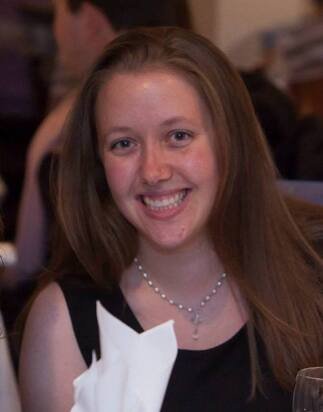 Lisza Bruder Lisza Bruder My life used to be crazy fast-paced. I was always filling my time, planning for the future, and writing out the steps I needed to follow to get where I wanted to go. Now, I don’t know what I will be able to do tomorrow or a week from now, never mind in a few years! This has been one of my biggest challenges living with chronic illness. Letting go of what I thought and hoped my life would be and accepting what it is. I had formed a large part of my identity around my ability to work hard. School was always hard for me, but through a lot of work I not only managed to successfully earn my PhD in biomolecular science, I was darn good at what I did. When my health made it clear I should switch careers, I moved into human services. My goal was to become a counselor so I did online courses towards a Masters program. As my health caused me to slow things down, I had to calm my stubborn and competitive sides and let go of this goal. With each step “backwards” I was very frustrated with the limitations I faced. However, I also found I preferred the little things to the big I had been pursuing. So I started an online business (Lisza’s Gifts) that allows me to use both the analytical and creative parts of my mind and might provide some long-term financial support as it grows. Through my many years of school I learned to ask questions and accept help. But I have discovered that it is not as easy to ask for help with personal things. My health is such that there are often days when showering is so exhausting I need to nap, so how am I supposed to clean my house? Or when I’m in a crazy amount of pain and I need my “good” painkillers but I can’t get up to get them, how am I supposed to prepare food? I knew that eventually my Crohn’s colitis and other conditions (both identified and those still under investigation), would leave me homebound, but in my early 30s? This was completely unexpected. Right now, my life seems to be all waiting. Waiting to get lab results. Waiting for the referral to yet another specialist. Waiting for more tests. Waiting in the ER. In these times of waiting, grace upon grace is granted. I receive help from family and friends to shovel snow, grocery shop, pick up prescriptions, drive me to and from appointments and the ER. I have the prayers of many people and the time to pray for them in return. I get to spend more time learning about my faith and myself. I have started to learn how to focus on what I need more than what I need to do. In 2020 my health went from inconvenient to unbearable. The worst part? The doctors do not know how to improve my situation. I don’t know why half my symptoms start or why some of them randomly stop. I either need to sleep a ridiculous amount or I get insomnia. If I’m lucky, I have 4 good days between my Crohn’s treatments every 4 weeks. I struggle with the loneliness and isolation; then I struggle with having patience with the people I do speak with. I believe that most people would say that I have more bad in my life than good, but I cannot control my circumstances. I can only control how I respond to them. It has been a steep learning curve to reach a place where I have largely accepted that my health will dictate more about my life than other factors. However, that doesn’t make it easy and I grieve every time. I think most of us learned in 2020 how we are less in control than we thought. I think the quote stating that we are all in the same storm, but in different boats applies well. There are things we can do to improve the ride even though we cannot change the storm, such as remembering that Christ is in the boat with each one of us.
As COVID rages on we regularly see TV footage of health care professionals in hospitals. Yet barely visible is a small group of essential caregivers, often volunteers, who provide care for the soul, the Spiritual Care Teams. I recently met some of these caregivers inside the Chinook Regional Hospital (CRH) in Lethbridge. After navigating entrance protocol to rival a military base, I was met by Annella Wehlage, the Roman Catholic Spiritual Care Coordinator. She guided me to her office in a quiet section of the ‘tower’ office block. There I met John Moerman, the Hospital Chaplain, and the Indigenous Wellness Core, comprised of Sylvia Ann Fox/”Singing Alone From Above” (Traditional Wellness Coordinator) and Suzan Heavyshields (Indigenous Hospital Liaison). This small group explained how they work together to provided spiritual care needs to patients, and how COVID has changed what they do. Wehlage has been a volunteer since 2015 following a long career as a nurse. She outlined her daily routine which used to begin with a list of patients who designated a religious affinity on their admittance paperwork. She and the team would discuss a plan and then begin what Moerman referred to with a smile as ‘rounds’, or personal visits to each patient desiring spiritual care. However, COVID has changed all that. Now the imperative to prevent cross-contamination has reduced visitors to just one per patient, usually a family member. A second professional visitor is permitted in certain circumstances, e.g., a legal counsellor or a priest. And a limited number of additional visitors are permitted in end-of-life situations. So now the Spiritual Care Team can only visit a patient when specifically referred by family or nursing staff, or in an end-of-life situation. Wehlage is saddened by the loss of her four-person team of volunteer Eucharistic ministers who used to faithfully help her to bring the Eucharist to everyone who wanted it. Now Wehlage’s main responsibility is arranging for a priest to visit when requested. This she does with the help of a weekly roster and an ‘on-call’ list for weekends and evenings. There is always a priest available 24/7. The six priests on the list work tirelessly to bring the Sacrament of the Sick and the Sacrament of Reconciliation to patients, sometimes visiting the same person more than once. Their presence in the hospital is a blessing for more than just the patients. Not infrequently, a family member will also ask for a sacrament. The day I visited, Wehlage paused at a coffee kiosk in the hospital atrium where the barista told her how gratifying it was for her to simply see a parish priest walk by because her shift schedule made it impossible to attend Mass. Another uplifting aspect of Spiritual Care at CRH is how First Nation’s spirituality is often combined with Catholicism, for First Nations patients. Team member Fox explained, “Some people, their parents were strong Catholics and their grandparents were strong in our traditional ways.” So team members offer both forms of religious care concurrently. Moerman added, “That’s how God created us, with a traditional background, a family background, a cultural background, all together.” The CRH Spiritual Care Team and the Indigenous Wellness Core are clearly cohesive. “We’re friends outside of work”, Wehlage said, “We support one another.” They also work together to accomplish some extraordinary feats. Fox told of one gravely sick man whose wedding plans were interrupted by his illness. When she visited she found his fiancée present. She asked if there was anything she might help them with and they answered, “We’d like to get married this afternoon!” Fox and Wehlage executed a frenzy of arrangements from legal paperwork, securing a priest and arranging a special exemption for two family witnesses. Then they peeked in from the hallway to watch two people realize a dream that COVID couldn’t take from them. More commonly the teams deal with end-of-life situations. “Sometimes if patients get a difficult diagnosis nurses will request a spiritual care visit,” Wehlage said. She also makes a point of accompanying the priest in cases where the Sacrament of the Sick is administered, especially if it was requested by family members who aren’t permitted to visit due to COVID restrictions. “If a patient sees a priest arrive unannounced at their bedside, they may get scared,” Wehlage said. The teams have many times sat with a person during their final hours. Fox explained softly, “Nobody wants to be alone when they’re going.” When asked how else COVID has changed their work, the teams agreed that the hospital was much quieter with fewer visitors. That makes the teams’ work more important than ever. “Patient care can’t be done from home,” Moerman said. He added, “I don’t treat a patient with COVID any differently.” Nevertheless, additional precautions are necessary both at work and when returning home. Moerman said, “Early on I had a knot in my stomach, especially as my wife was baby-sitting our grandkids at home. I would put my clothes in the laundry as soon as I got home. I still do.” He admitted to turning off the news some days as well, “You have to limit COVID news or the fear can rise in you.” Wehlage spoke of baking as a stress-reliever and Fox had taken up traditional beading and making moccasins. Asked if they have a message for the readers of Faithfully, the teams had excellent suggestions. “Follow best practices, listen to the advice of professionals so we don’t overwhelm the 14-bed ICU at our hospital.” “If you know of somebody who’s Catholic and in hospital, notify their parish priest because the person might not have been at church for some time and their family might be too distracted to think of it.” “Check in with your extended family, just to talk, a wellness check.” It’s obvious that, both on and off the job, caring is deeply engrained in the nature of spiritual caregivers. Let us remember and pray for them in a special way this month.
Growing up, I often recited my “life checklist” – by the age of 25 (27 at the latest) I will have a full-time job teaching, own my first home, and be married with a baby on the way. The saying is true, God laughs when we make plans. "For I know the plans I have for you", says the Lord. (Jer. 9:11) At the age of 26, I would have told you I was at least on par with my plan. I was in a long-term relationship with someone I was sure would be my forever. Yet looking back, if I had been more honest with myself, I knew he wasn’t (and I think he did too). We were very different and yet we loved each other and celebrated our differences. But sometimes love isn’t enough. I can recall praying through tears on a car drive home, pleading with God to take him out of my life if he wasn’t the one. I got my answer to prayer, albeit in the most heartbreaking way – he’d leave me in the weeks to come after falling in love with someone else. As with all loss, I went through the cycle of grief – but my faith was never shaken. Calling into mind the poem, Footprints in the Sand: "My precious child, I love you and will never leave you. Never, ever, during your trials and testings." Fast forward to the summer of 2019 – I am now 31 and still single after the breakup in 2017 despite my best efforts to put myself out there and meet someone. I trusted in God knowing he knew the desires on my heart, yet my patience was thinning. I had just returned from a summer away in Ireland with a dear friend, and I was settling into my new home in the downtown core of Calgary. “Single and ready to mingle” as they say. Little did I know that God was aligning the stars in His perfect timing – on August 16th the love of my life would walk into my world and change life as I knew it forever. For those who know me well, they’ll attest to the fact that I enjoy storytelling, especially as it pertains to answered prayers, signs from God, or little messages sent by an angel – ever find dimes in odd places? August 5th, 2020 was not unlike any other summer day (although I’m now 32). We had an early start that morning as my boyfriend and I were on our way to Moraine Lake to catch the sunrise and paddleboard. He had been acting strange, but I figured it was due to a 2 AM alarm clock and a lack of sleep. What I would learn later that morning is that his nerves were slowly eating away at him as he prepared to get down on one knee to ask me to be his wife (spoiler – I said yes)! August 5th is the Feast Day of Our Lady of the Snows, the name of the school where I began my teaching career. This was undeniably a sign from Our Lady in the midst of a pandemic to remind me to trust, to keep the faith, and maintain hope. As we prepared for our December 2021 nuptials at Our Lady of the Rockies Shrine in Canmore, we enrolled in the Marriage Preparation Course offered through Catholic Family Service. While we like to think we knew everything about one another, this opportunity gave us the chance to go deeper. In reflecting on our own families growing up, we conversed about what we wanted to bring to the table when it came to building our family, and the misgivings that we wanted to avoid. We had thoughtful and reflective conversations on our 5 Love Languages (Gary Chapman), and explored the types of communicators we are and areas we need to work on. Important here was understanding that no family will ever be perfect, not even Christ’s own family – a genealogy that included an array of sinners. However, we affirmed the need to remain rooted in faith and love. Marry the right person, in the right place, at the right time. But more than that – trust that God will lead you to the right person, in the right place, and in His time.
Resources
"The celebration of the XXIX World Day of the Sick on 11 February 2021, the liturgical memorial of the Blessed Virgin Mary of Lourdes, is an opportunity to devote special attention to the sick and to those who provide them with assistance and care both in healthcare institutions and within families and communities. We think in particular of those who have suffered, and continue to suffer, the effects of the worldwide coronavirus pandemic." ~ Pope Francis. The theme of this year’s message is “You have but one teacher and you are all brothers" (Mt 23:8), which encourages a trust-based relationship with the sick and the nurturing of integral human healing. Please find here some resources for the World Day of the Sick (Feb. 11) this year:
Medical Assistance in Dying (MAiD) We would also like to direct your attention to the updated Bill C-7 webpage, and ask that you continue to pray and voice your concern on MAiD. "May our Lord both inspire and bring to accomplishment our efforts to embrace and protect the suffering and vulnerable, and to honour and uphold our rights and freedoms." ~ AB & NWT Bishops See webpage
This year has been difficult for all of us, but for those who were already vulnerable, it is even much more so. As in the past few years, Coldest Night of the Year walk support those Feed the Hungry. Your participation helps ensure ongoing service for those who rely on regular Sunday Meals at Feed the Hungry.
This year, Coldest Night of the Year is a “virtual” walk. We encourage families or individuals to participate in their own “COVID safe” walk at a location and distance you choose. Note that you may walk any day during February 2021, but we recommend event day Saturday, February 20 so you can join in the excitement across the country on social media. Teams and individuals are asked to register and fundraise through the CNOY website as in the past. To participate, start a group, or to support the walk, register at: https://cnoy.org/location/calgarydowntown Tools to help promote #CNOY2021 in your community, feel free to use:
40 Days for Life is an internationally coordinated 40-day campaign that aims to end abortion through prayer and fasting, community outreach, and peaceful vigils outside of abortion clinics. The spring campaign is from Ash Wednesday, Feb. 17 to Mar. 28, 2021.
Here are some ways your community can be involved for the protection of life, to pray for the aborted babies, their mothers, fathers, families, those experiencing unexpected pregnancies, and for staff and physicians working in abortion clinics.
Consider praying outside the abortion clinic… Praying outside the abortion clinic is one of the pillars of the campaign. It is a peaceful and educational presence. Those who are called to stand witness send a powerful message to the community about the tragic reality of abortion. It also serves as a call to repentance for those who work at the abortion center and those who patronize the facility. May you and your parish intentionally decide to dedicate a day to praying outside the clinic. Praying at The Kensington Clinic (Address: 2431 5th ave. NW, Calgary) - from 7am to 6pm, 7 days a week
40 Days for Life Resources
Suggested books & videos
|
Author
Catholic Pastoral Centre Staff and Guest Writers Archives
July 2024
Categories
All
|
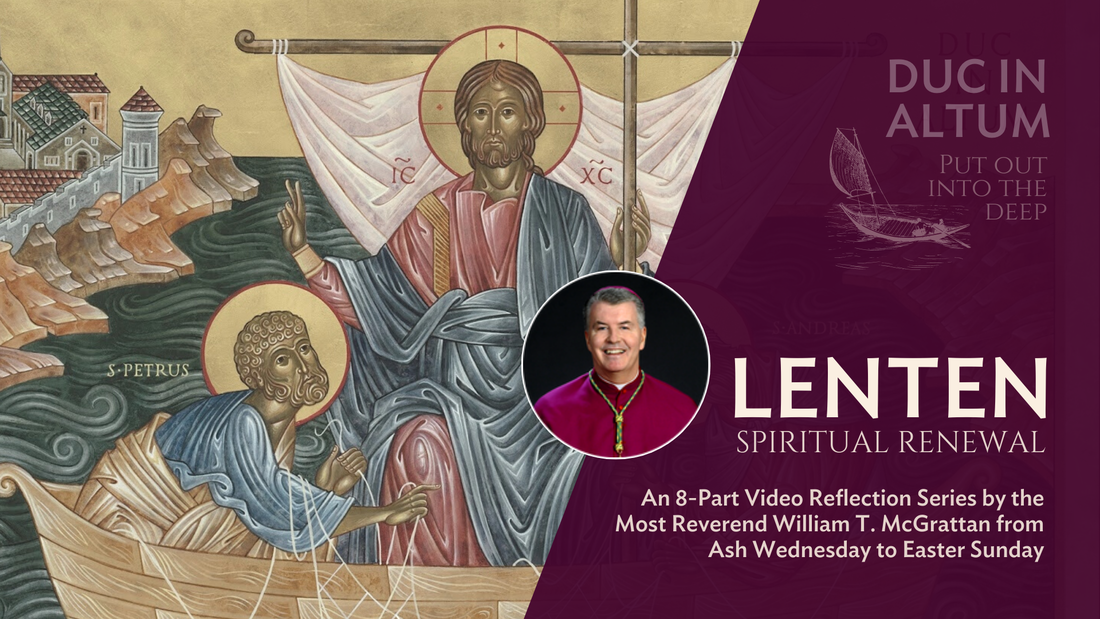
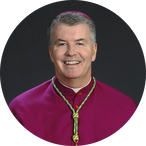
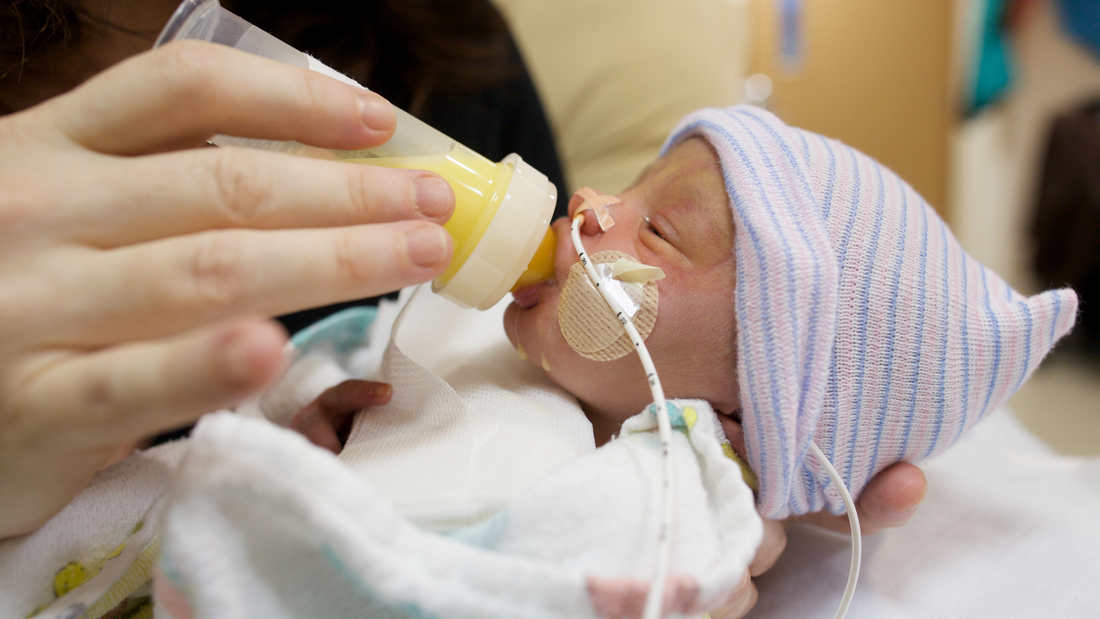
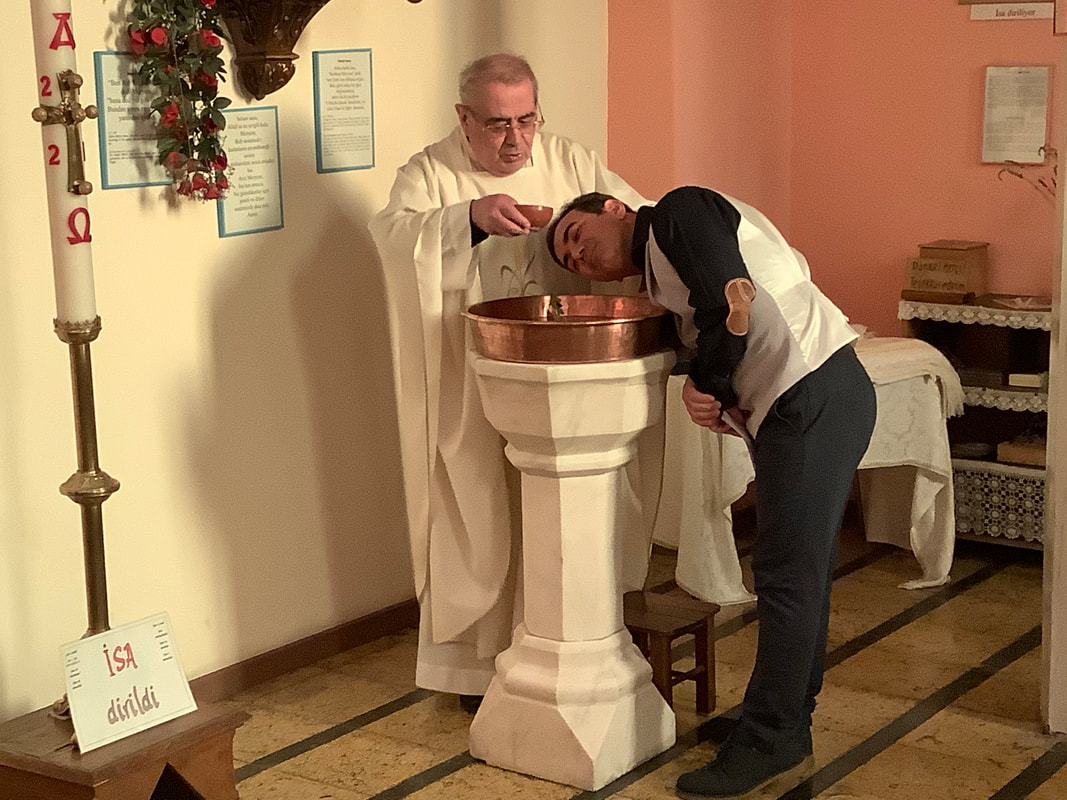
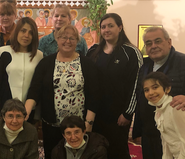
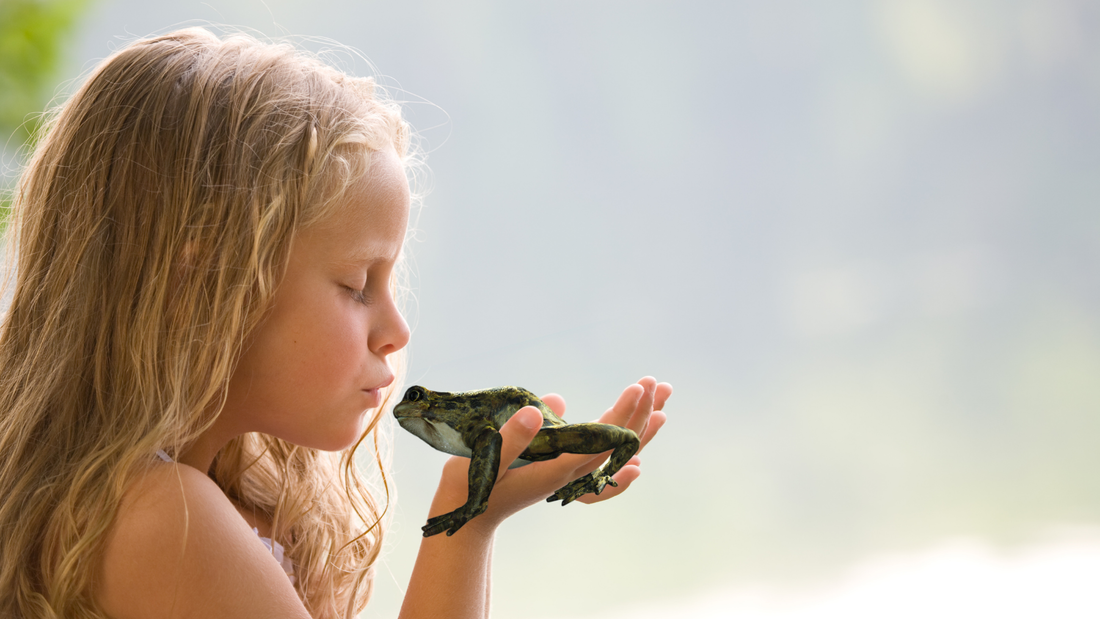
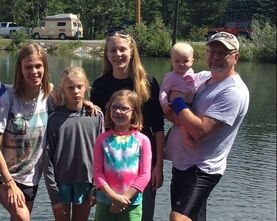
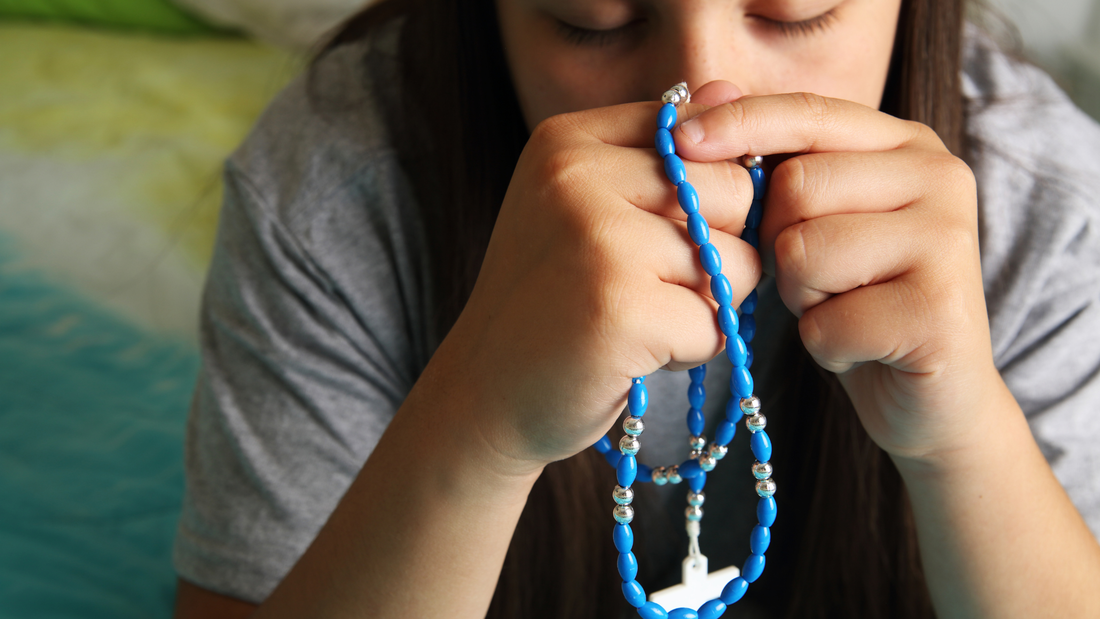
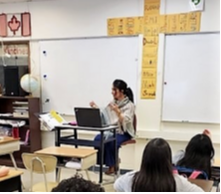
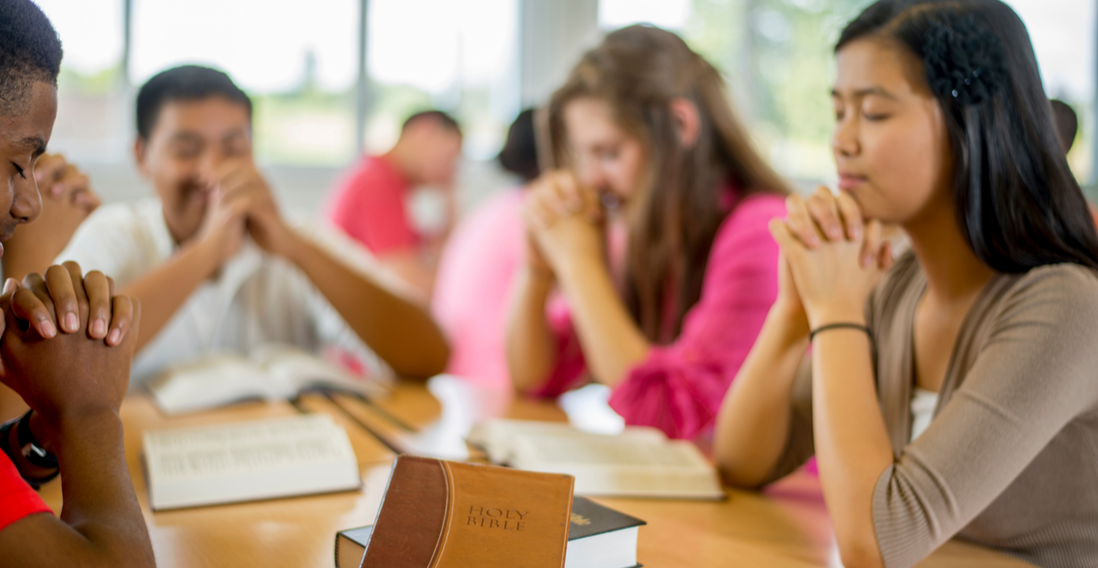
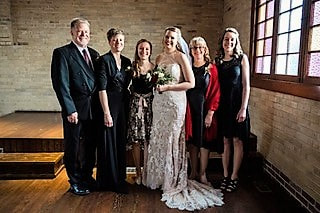
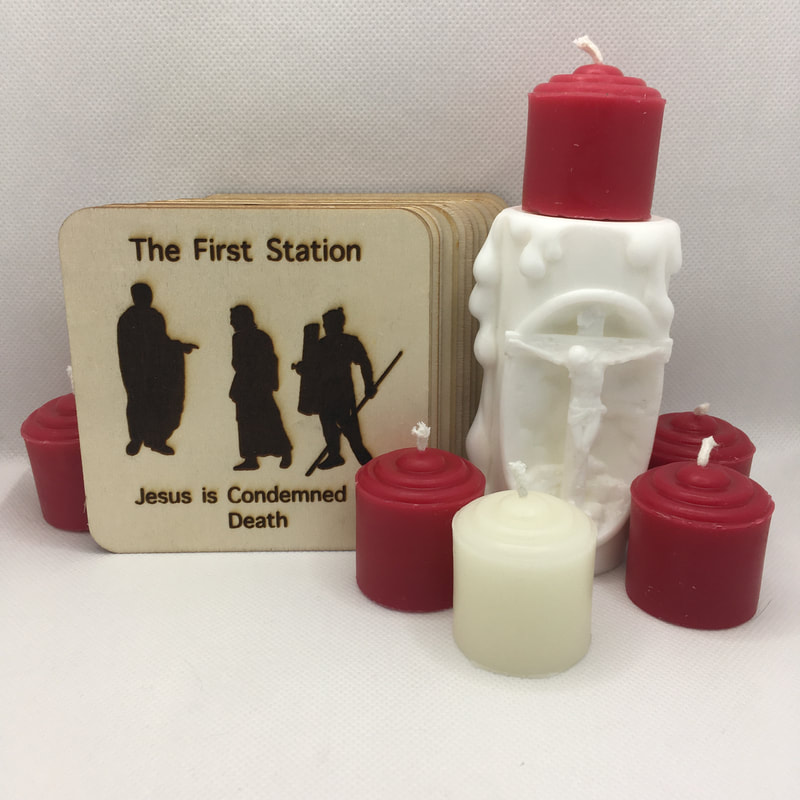
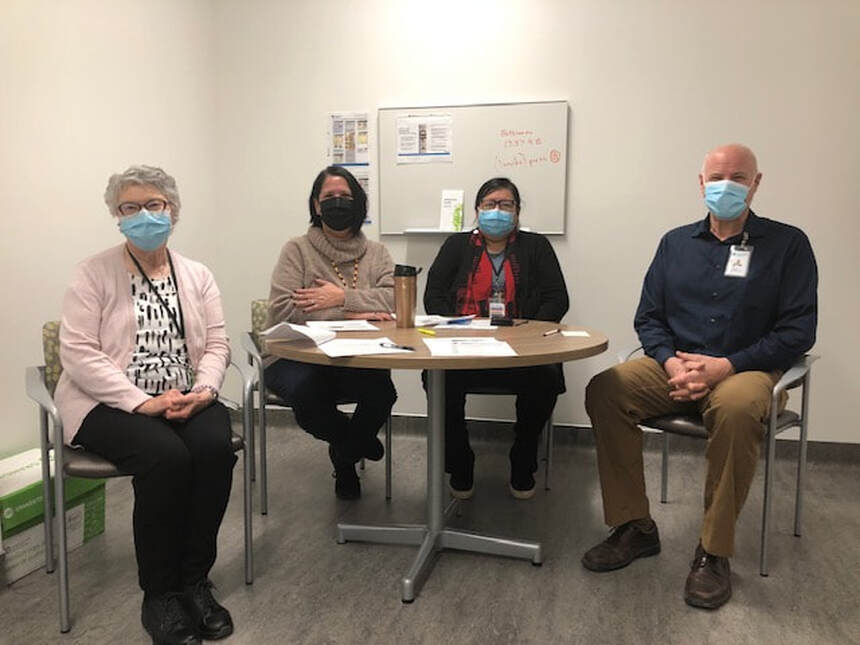
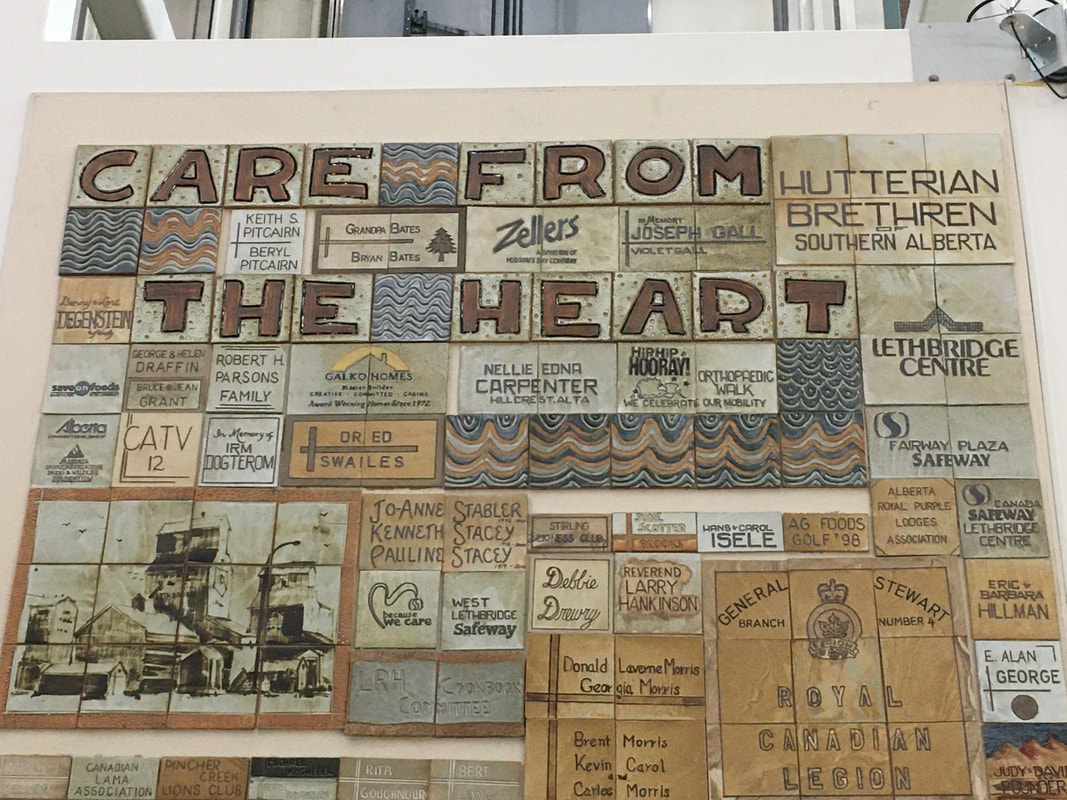
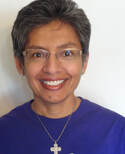


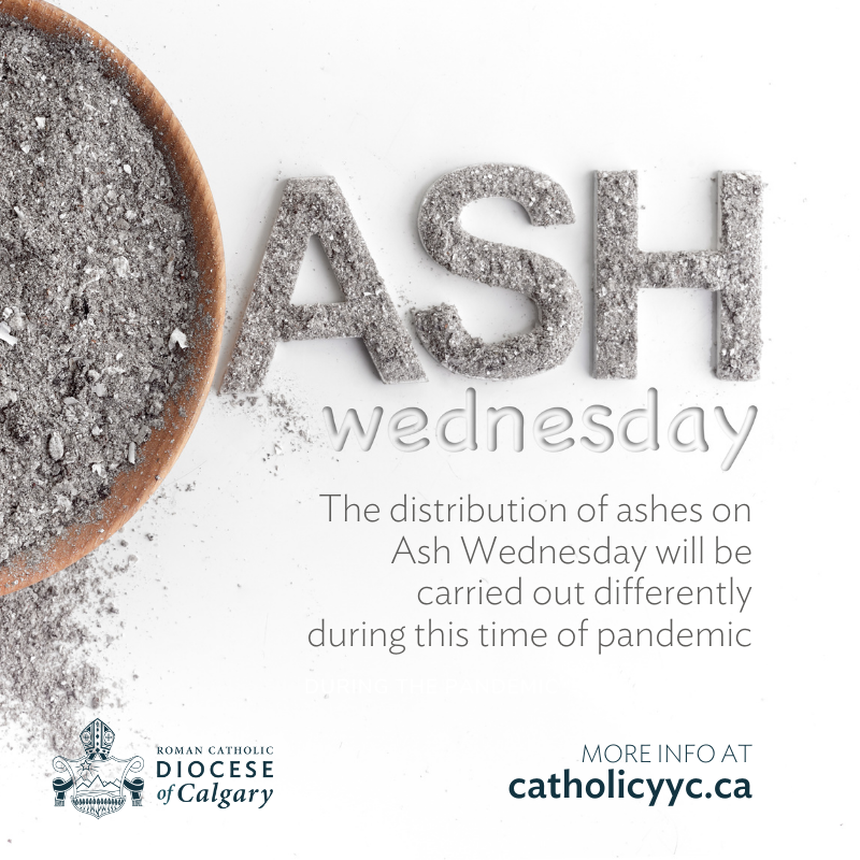



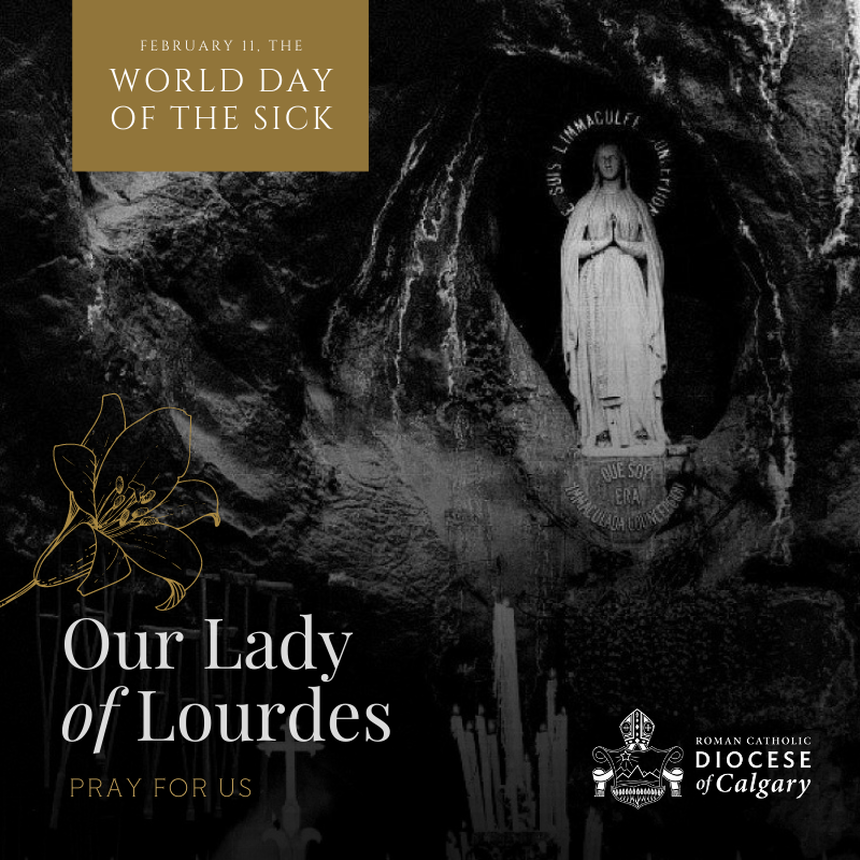
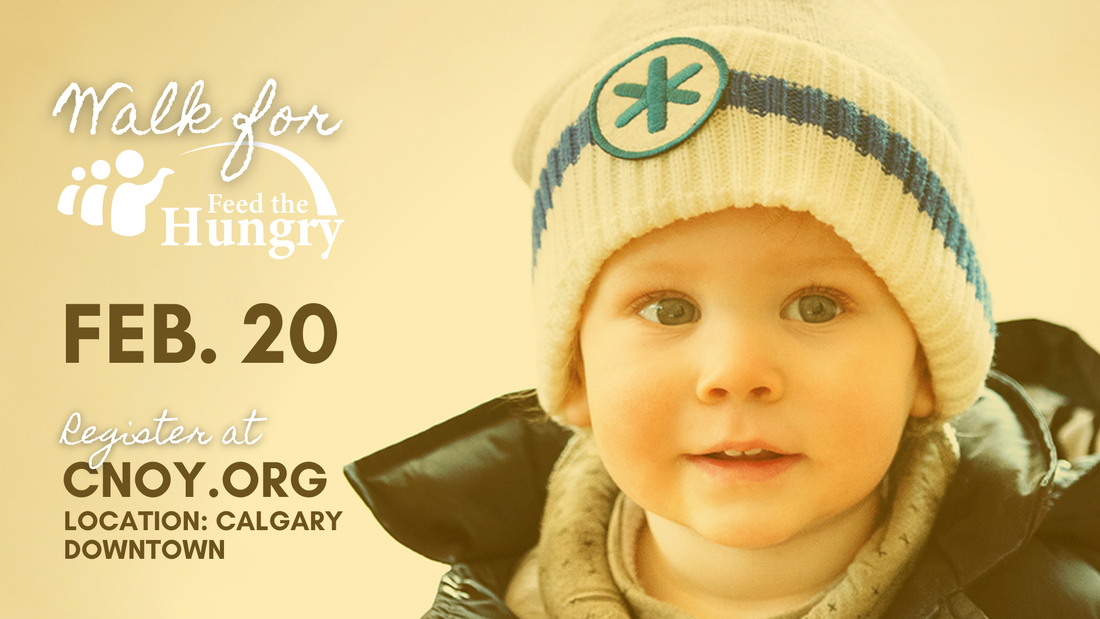


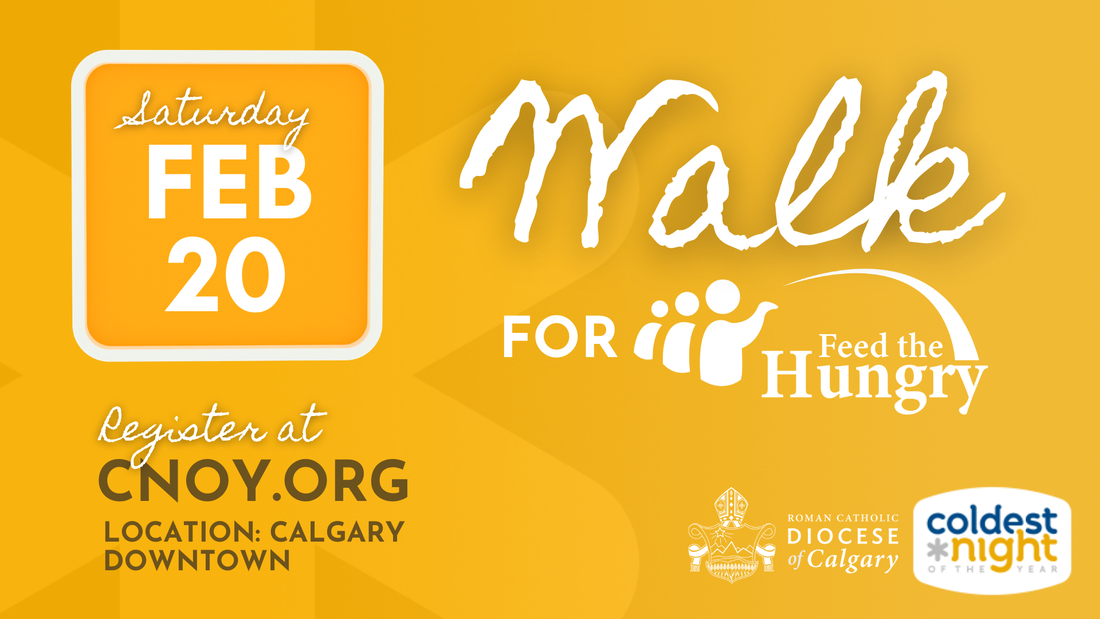
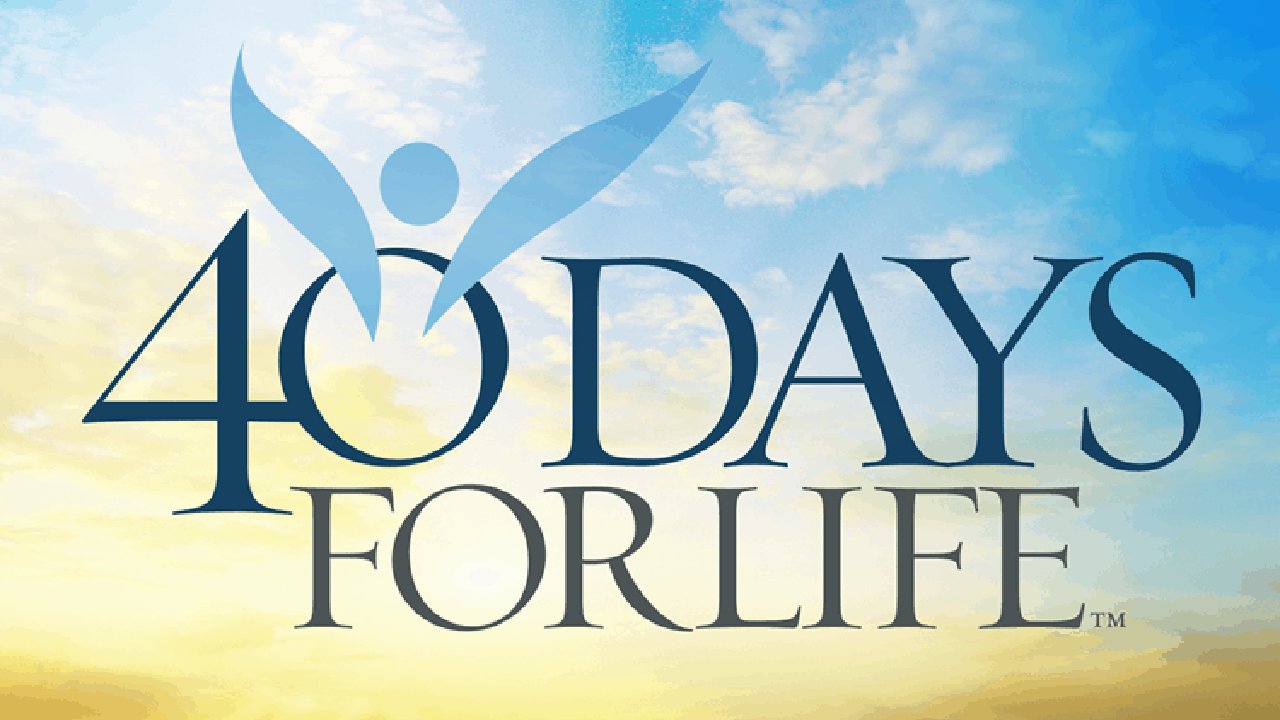
 RSS Feed
RSS Feed